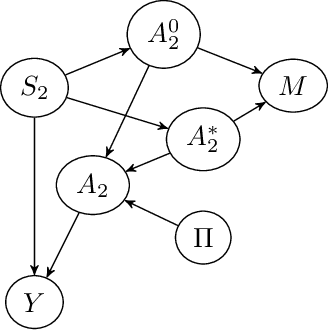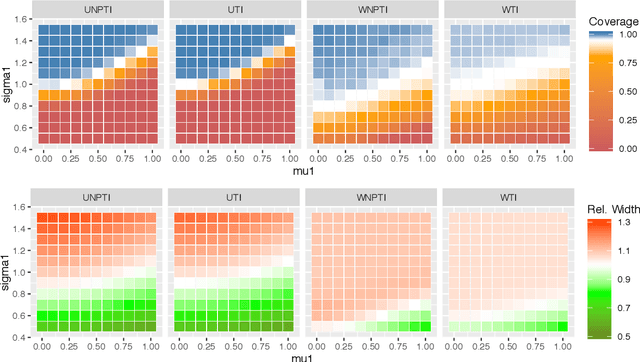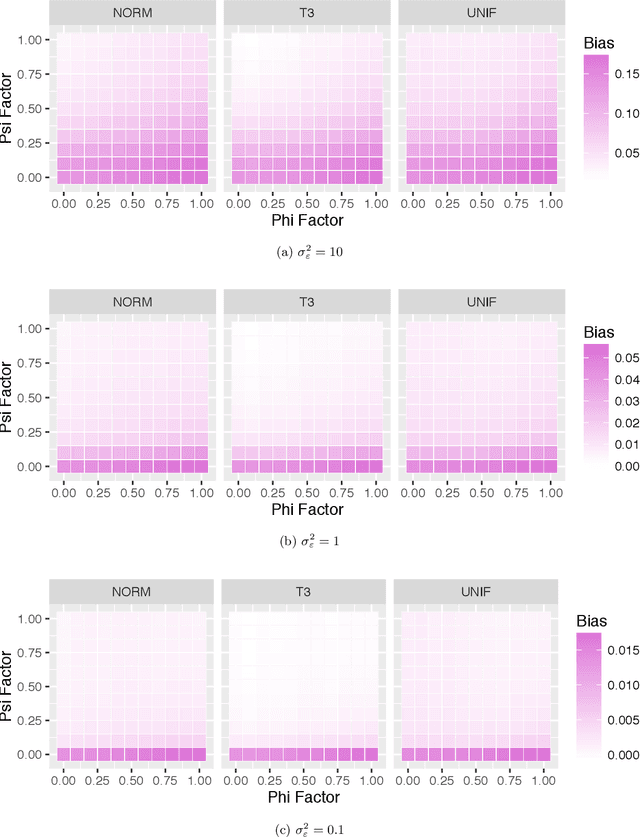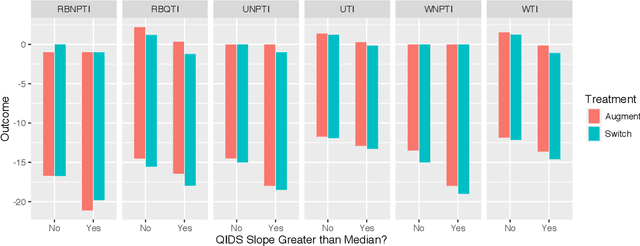On Prediction and Tolerance Intervals for Dynamic Treatment Regimes
Paper and Code
Apr 24, 2017



We develop and evaluate tolerance interval methods for dynamic treatment regimes (DTRs) that can provide more detailed prognostic information to patients who will follow an estimated optimal regime. Although the problem of constructing confidence intervals for DTRs has been extensively studied, prediction and tolerance intervals have received little attention. We begin by reviewing in detail different interval estimation and prediction methods and then adapting them to the DTR setting. We illustrate some of the challenges associated with tolerance interval estimation stemming from the fact that we do not typically have data that were generated from the estimated optimal regime. We give an extensive empirical evaluation of the methods and discussed several practical aspects of method choice, and we present an example application using data from a clinical trial. Finally, we discuss future directions within this important emerging area of DTR research.
 Add to Chrome
Add to Chrome Add to Firefox
Add to Firefox Add to Edge
Add to Edge